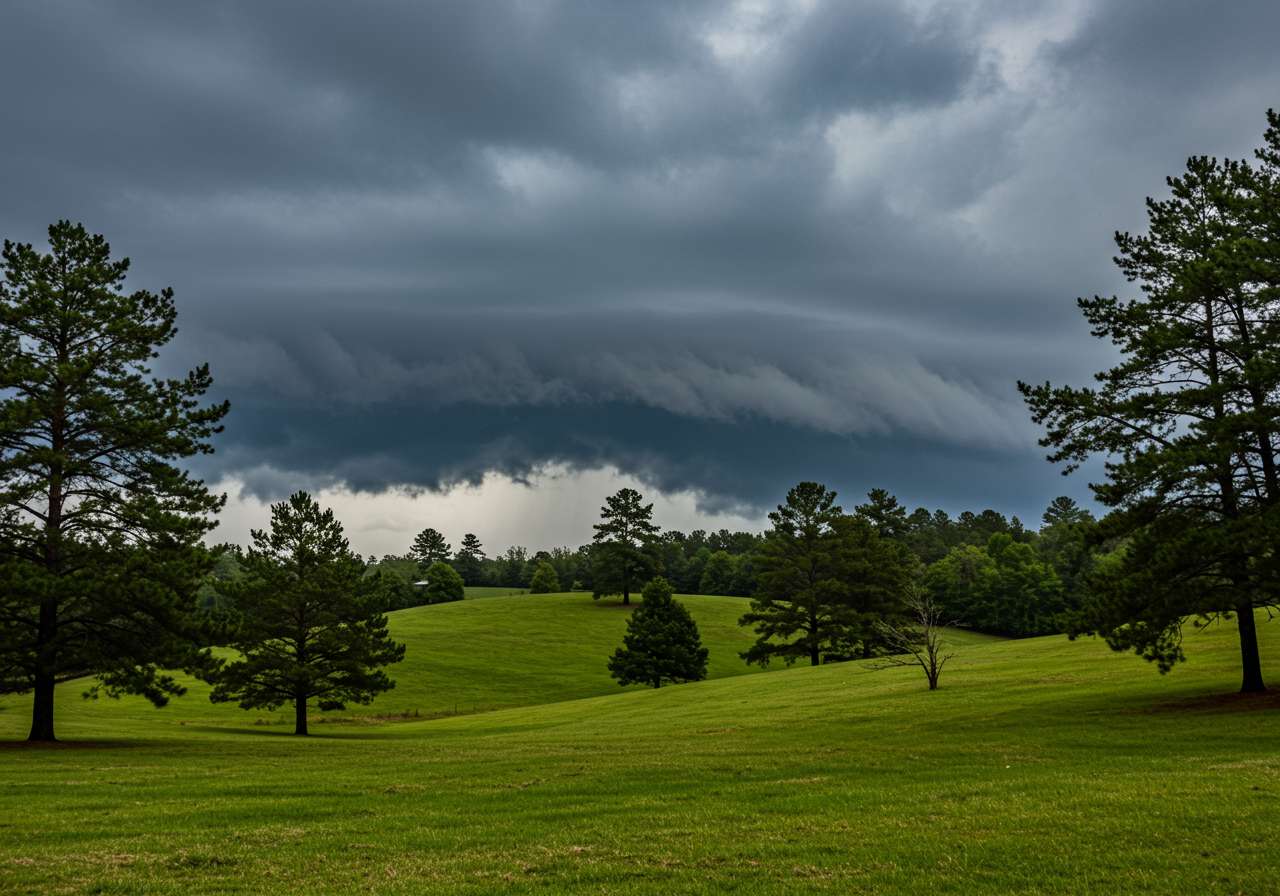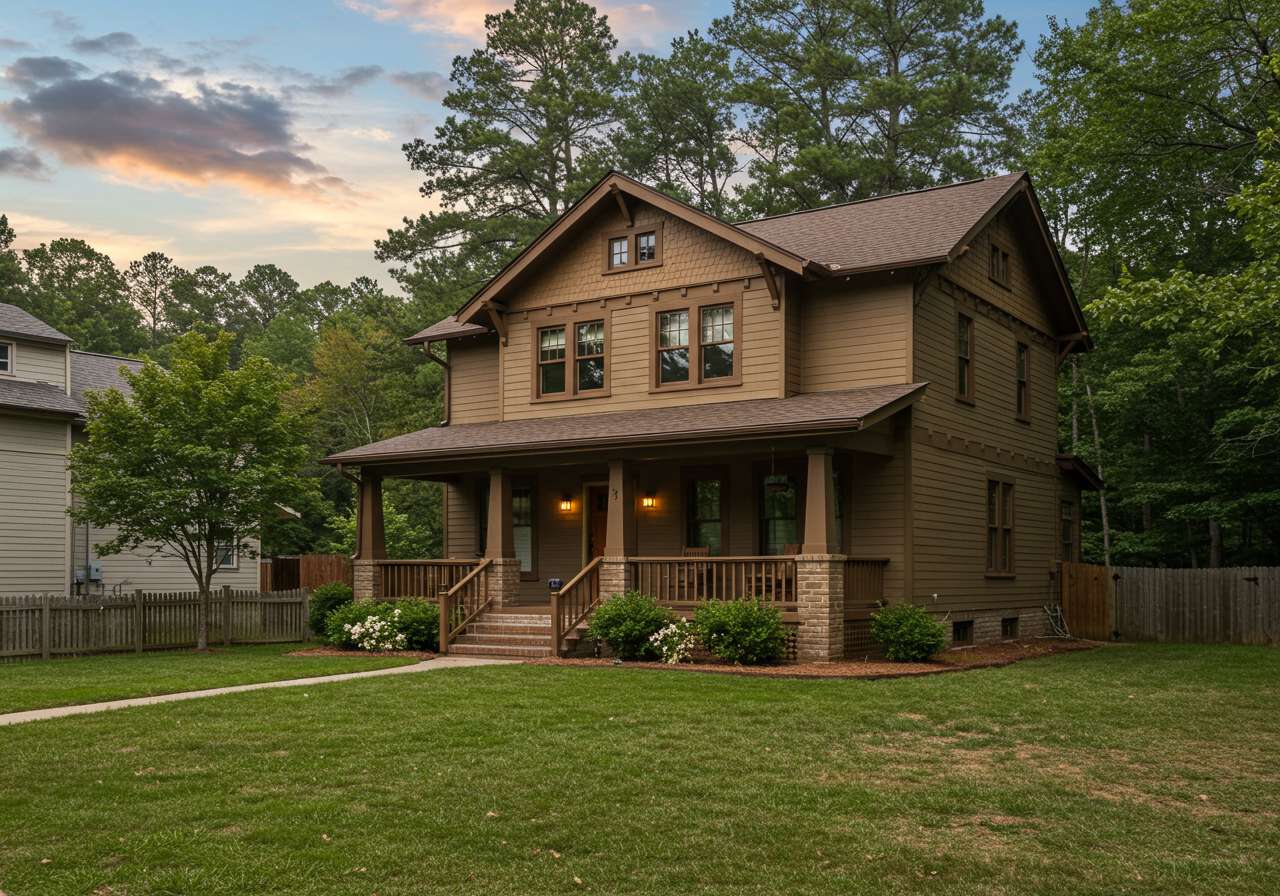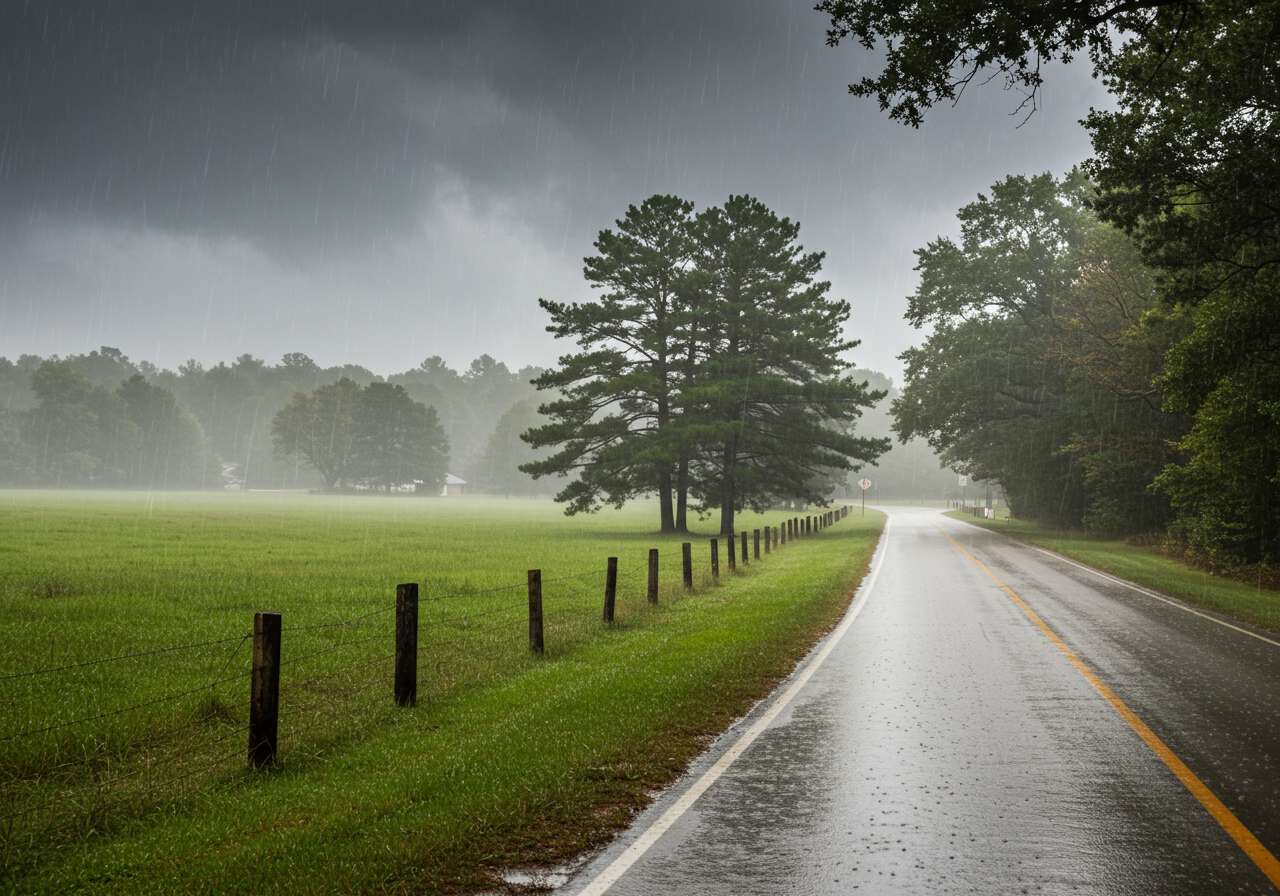Managing Hidden Water Intrusion Risks Behind Siding in Concord’s Humid Climate
Did you know that some of the most costly home repairs in Concord, NC start with water you can’t even see? Hidden water intrusion behind siding is a silent risk for many homeowners—especially in our city’s muggy climate, where long spells of humidity and sudden downpours can make matters worse. Let’s break down why this happens, what signs to watch for, and—most importantly—how you can protect your investment and your peace of mind.
Common Causes of Water Intrusion Behind Siding in Concord’s Humid Climate
Concord’s weather is notorious for its sticky summers and unpredictable rainfall. While siding—such as vinyl or fiber cement—is designed to shield your home, moisture can still find sneaky pathways inside.
How Humidity and Local Weather Worsen the Problem
- Prolonged Moisture Exposure: Frequent, heavy rains can drive water behind siding, especially if flashing is poorly installed or aging.
- High Humidity: Persistent dampness makes it harder for trapped water to evaporate, increasing the risk of mold and decay deep in your walls.
- Storm-Driven Wind: Strong gusts can force water sideways, pushing it into cracks, gaps, or along improperly sealed joints.
Siding Materials—Advantages and Weaknesses
- Vinyl Siding: While affordable and low-maintenance, gaps can form at seams or corners, letting water seep behind unnoticed.
- Fiber Cement: Known for durability, but even small installation errors or cracked caulk can create entry points for moisture.
Spotting Red Flags & Advanced Inspection for Hidden Water Damage
Curious if your home is at risk? Some warning signs are subtle, so it pays to be vigilant—and proactive.
Visible and Invisible Clues to Watch For
- Bubbling or Warped Siding: Sometimes siding will bulge if water is trapped behind it.
- Soft or Spongy Walls: Press on exterior walls; if they feel soft, moisture may be at work.
- Mildew Smell Indoors: A musty odor inside your home can be a hint of mold in wall cavities.
- Poorly Sealed Windows and Doors: Look for cracked caulk or peeling paint around openings—these are common water entry points.
Professional Inspection Techniques
- Moisture Meters: Detects hidden dampness without removing your siding.
- Infrared Scans: Pinpoint cold spots that reveal where water is lurking.
- Siding Lift-Checks: Carefully lifting sections can expose hidden mold or rot.
Not sure if you need a professional check? If your siding is over 10 years old, or if we’ve had a particularly wet season, it’s wise to get an expert out. Submit a quote request today for a free inspection by our local team.
Best Practices for Preventing Water Intrusion
- Quality Flashing Installation: Proper metal flashing at roof edges, windows, and doors keeps water out.
- Regularly Sealed Joints: Maintain caulking at all seams, especially before and after hurricane season.
- Vapor Barriers: Ensure a continuous barrier behind your siding to stop humidity from penetrating your walls.
Why Hidden Water Damage Is So Dangerous
Unchecked moisture doesn’t just invite mold. Over time, it can eat away at wood framing, compromise your insulation, and even cause structural collapse. The cost to repair hidden damage is often much higher than fixing the source early on. That’s why fast action matters—especially for Concord homeowners, where humid summers often mask slow, ongoing leaks.
Insurance Coverage and Water Intrusion—What Concord Homeowners Should Know
Wondering if your insurance will cover water intrusion repairs? It depends on your policy—and whether you can prove the damage wasn’t caused by long-term neglect. Most insurers expect you to perform routine maintenance, keep caulking and flashing in good shape, and address leaks promptly. If you spot a problem, document it and contact a professional for an official inspection.
We offer free inspections and can help you with the documentation needed to submit an insurance claim. While coverage varies, acting promptly improves the chances of your claim being approved. Don’t wait until you see visible damage—by then, costs and risks will likely be far higher.
Ready to protect your home and preserve its value? Get in touch with us today for fast, local help and expert answers.
.png)




